
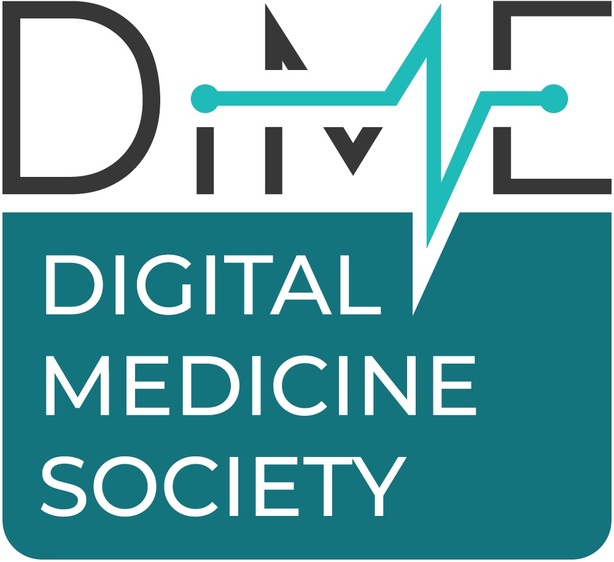
Up until now, the lack of interoperable health-at-home devices has inhibited health technology integration into the home for use in wellness, prevention, managing chronic conditions, and clinical trials.

Up until now, the lack of interoperable health-at-home devices has inhibited health technology integration into the home for use in wellness, prevention, managing chronic conditions, and clinical trials.

Billions of dollars are lost annually in medical billing errors resulting from data entry mistakes, outdated coding practices, and duplicated charges. Artificial Intelligence (AI) and Machine Learning (ML) are revolutionizing the process of claims processing, diagnostics, eliminating errors, streamlining workflow, and increasing the accuracy of claims submissions. Together with human oversight to ensure precision and safety, AI augments healthcare professionals to improve patient care and outcomes.
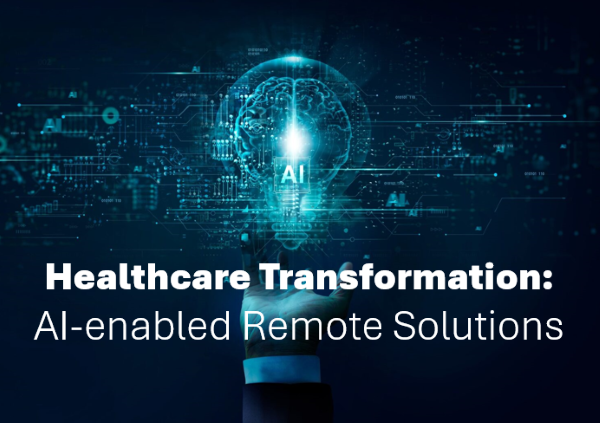
AI and real-time data enhance care efficiency and access. And with healthcare workers in short supply, the rapid advancements in AI, IoMT, and related innovation offer patient access freedom, enhanced care delivery, and better outcomes.

Modern interoperable systems, data centralization, and a wide-angle view of inventory and usage trends are providing hospitals to proactively switch from a “push” to a “pull” supply chain management, allowing for active real-time inventory management and sourcing based on need.
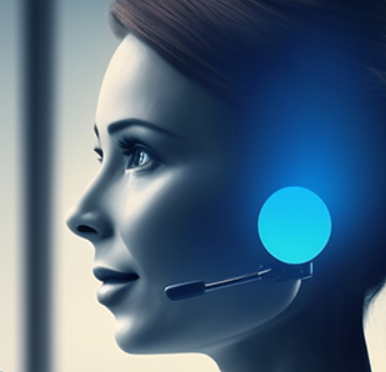
This blog explores the transformative potential of AI assistants in healthcare management and delves into the benefits for providers, medical assistants, and obviously, patients.
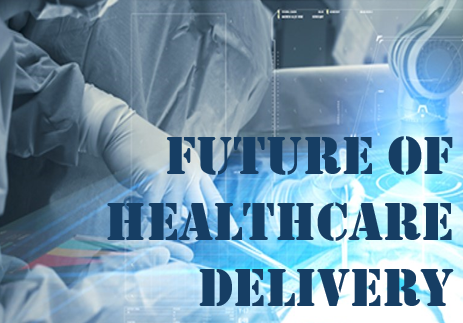
CitiusTech Senior VP and Market Head, Healthcare Providers, John Squeo, shares five game-changing shifts that will redefine the future of US healthcare and unlock a more streamlined, accessible and patient-centric system.
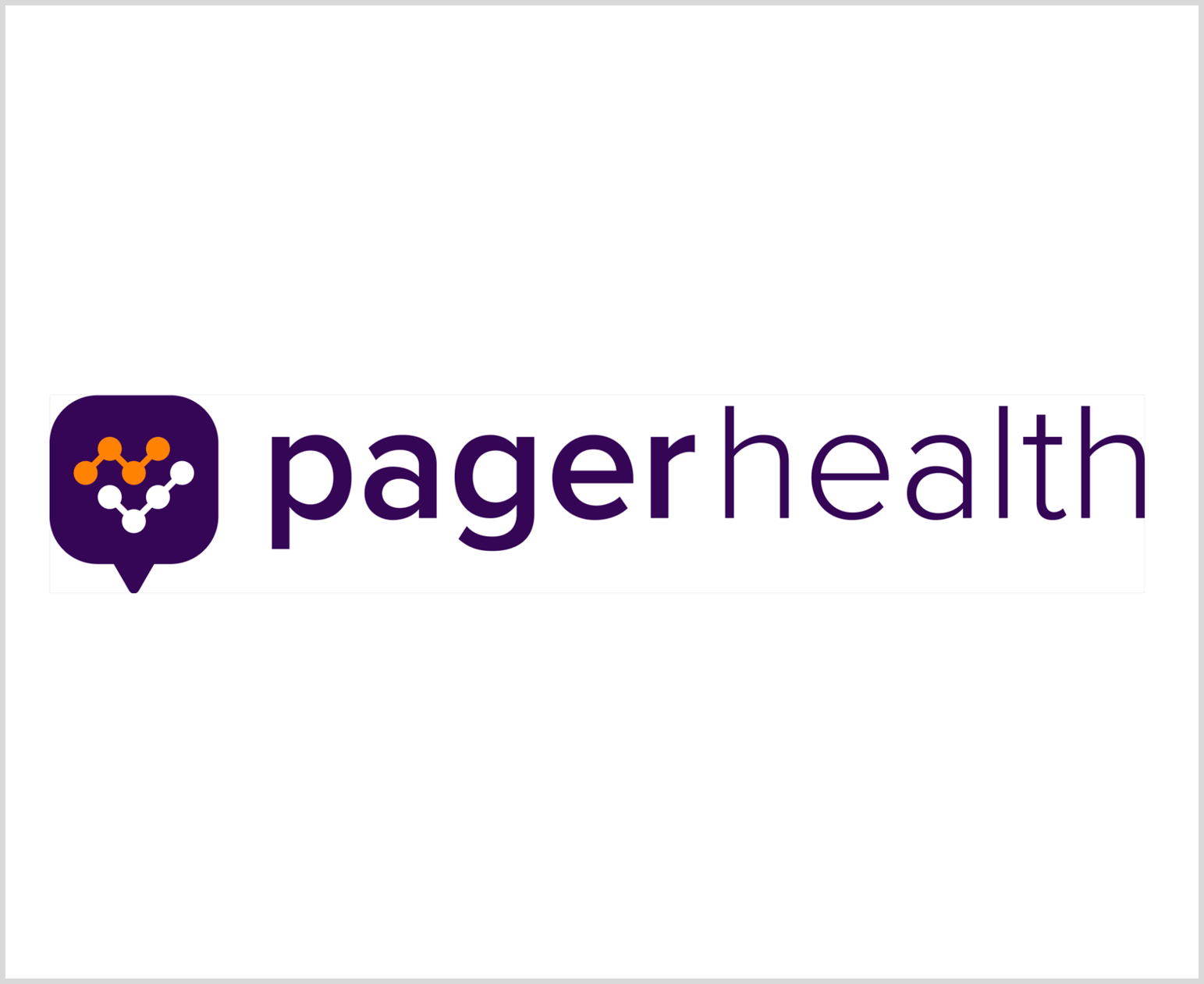
Pager Health announces new technology and services for patients and members to engage with providers and care management teams, customer service, and others – all connected in a unified conversation.
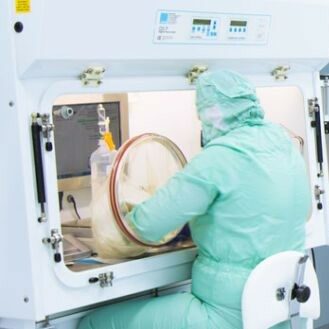
Ensuring the safety and efficacy of healthcare products is of utmost importance. The clinical evaluation process of medical devices is vital for demonstrating the device’s safety and performance in accordance with the regulatory requirements. How are device makers navigating this complex process effectively.

There is significant opportunity to develop therapies that create new standards of care and initiate a new wave of precision medicine.

Building fruitful development partnerships between companies, governments and researchers will enable the most promising and impactful deployments in healthcare.